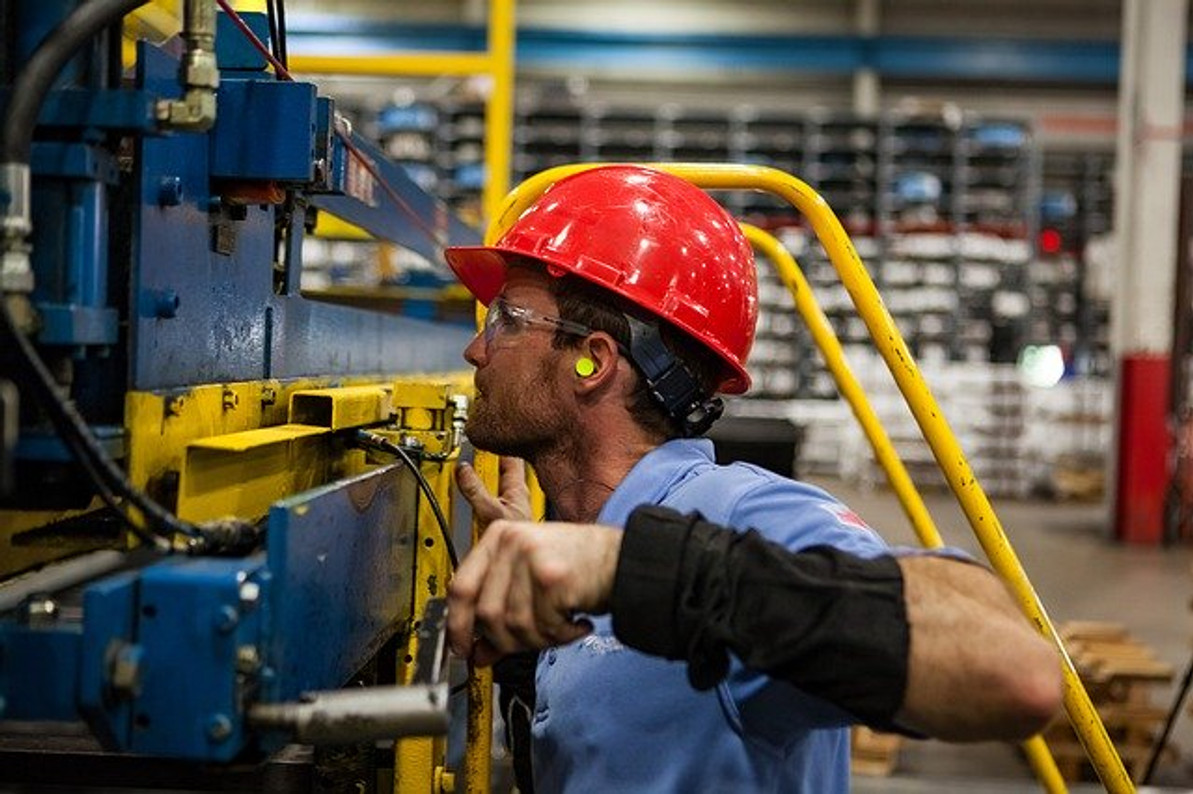Indoor Air Pollution: A Hidden Danger in the Workplace
Air pollution doesn't just happen outdoors. Buildings and other indoor workplaces can suffer from it as well. According to the Environmental Protection Agency (EPA), in fact, indoor spaces are up to five times more polluted than outdoor spaces. So, what dangers does indoor air pollution pose, and how can it can prevent it from occurring your workplace?
The Basics of Indoor Air Pollution
Indoor air pollution refers to the presence of toxic or otherwise harmful substances in the air. Air contains more than just oxygen; it often contains substances, some of which are harmful to your health. Smoke, volatile organic compounds (VOCs), bacteria, mold and viruses, for example, are often found in environments with high levels of indoor air pollution.
Health Risks of Indoor Air Pollution
Allowing indoor air pollution to go unchecked in your workplace can pose several health risks. Workers who are exposed to high levels of indoor air pollution, for example, are more likely to experience respiratory problems than their counterparts who work in clean environments with little or no air pollution.
Air pollution can exacerbate existing respiratory conditions like asthma. Furthermore, it can create entirely new respiratory conditions, such as allergies. If you or another worker is allergic to an airborne pollutant, air pollution may cause a respiratory allergy attack.
According to the EPA, indoor air pollution can increase the risk of heart disease as well. While short-term exposure to low levels of air pollution typically aren't a concern, long-term exposure may increase a worker's risk of developing heart disease.
How to Promote Clean Air in Your Workplace
While it poses a myriad of health risks, indoor air pollution can typically be prevented. To promote clean air in your workplace, use a ventilation system to replace stagnant air with fresh air. Keeping your workplace well-ventilated is essentially to minimizing levels of indoor air pollution. It will flush out the old stagnant air while replacing it with new fresh air.
You can also promote clean air in your workplace by regularly changing the air filter. If your workplace has central air conditioning, it should have an air filter. Air filters serve as your first line of defense against air pollution. The air circulating in your workplace must pass through a filter before it can be expelled out the vents. With a fresh filter, it will remove more pollutants from the air, all while lowering levels of indoor air pollution.
Recent Posts
-
Fire Safety in the Workplace: What You Need to Know
What steps are you taking to prevent fires in your workplace? According to the U.S. Occupational Saf …Aug 23rd 2023 -
Is It Safe to Go Jogging With a Cold Infection?
If you're suffering from a cold infection, you might be wondering whether it's safe to go jogging. T …Aug 22nd 2023 -
5 Safety Tips to Follow When Using a Powder-Actuated Tool
Powder-actuated tools are commonly used to join materials to steel and concrete. Also known as Hilti …Aug 20th 2023




